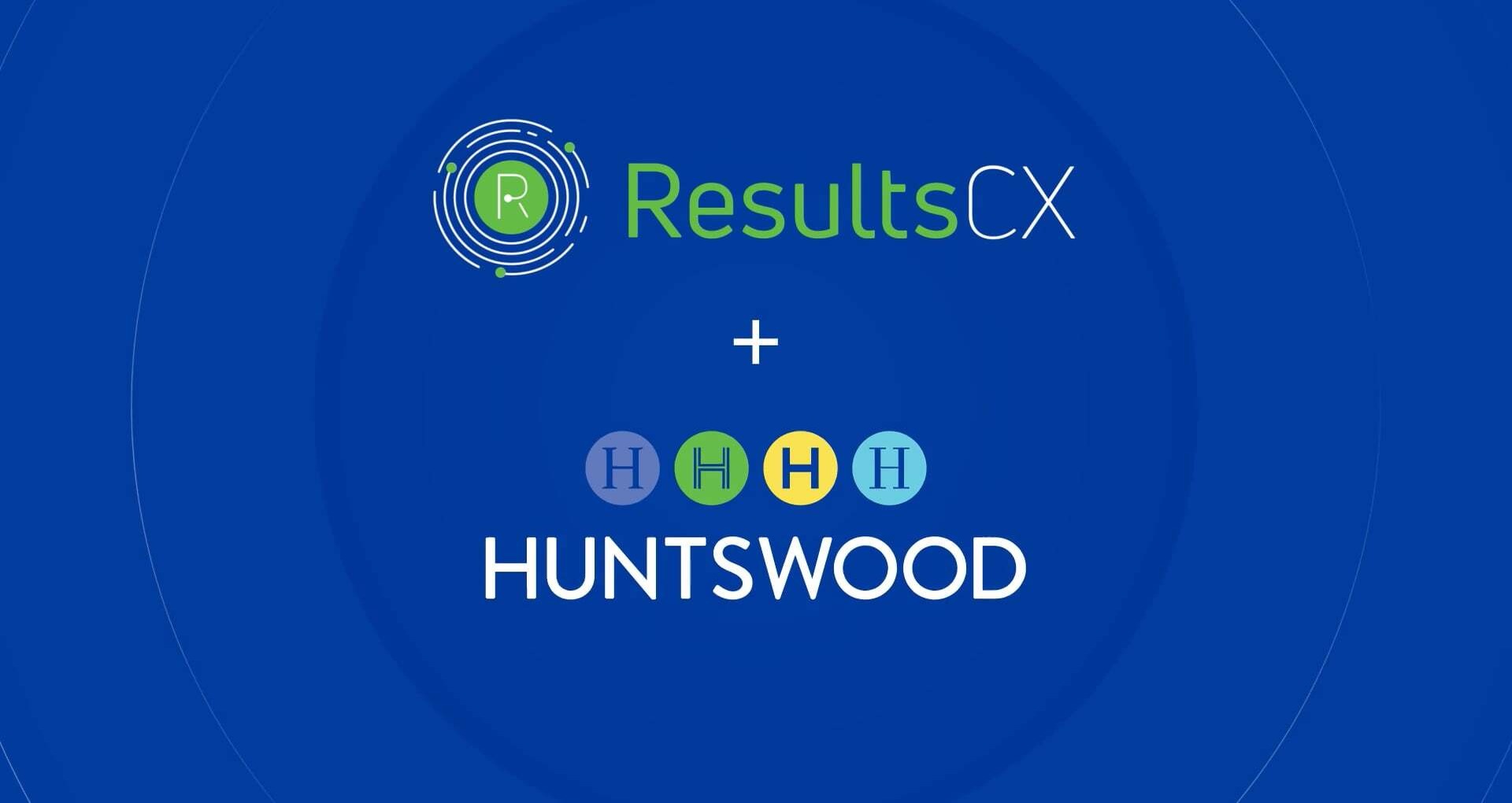Capabilities
Huntswood’s suite of client services provide the people, processes and technologies your business needs to succeed, all supported by advisory expertise
Complaints
Complaints Outlook 2024
Our latest Complaints Outlook research report provides your firm with actionable insight for every stage of the complaints journey
Industries
We help clients transform their business to drive better customer, compliance and commercial outcomes
Hunstwood
We are Huntswood
Learn more about Huntswood’s experience, high quality resource and bespoke solutions.
Stay informed. Stay ahead.
Complaints Outlook 2019 – A video round-up from the launch event
Latest insights
https://player.vimeo.com/video/1069972524
Play Video








